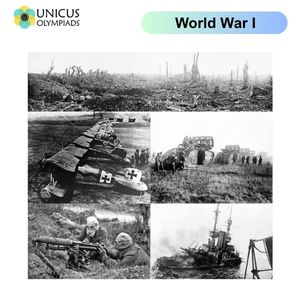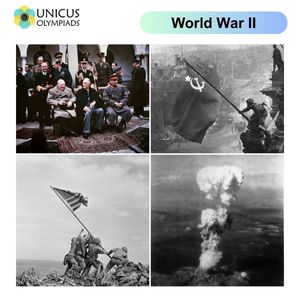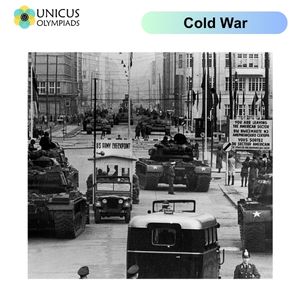

The 20th century was marked by significant global events that shaped the world as we know it today. Key events like World War I (WWI), World War II (WWII), and the Cold War had lasting effects on international relations, politics, economies, and societies. These events not only changed the course of history but also influenced the development of modern geopolitics, culture, and technology. Below is an overview of these transformative events and their global impacts.
World War I, also known as the Great War, took place from 1914 to 1918 and involved most of the world's great powers. It was one of the deadliest conflicts in history and marked the end of many empires.

World War II, fought between 1939 and 1945, was the most widespread and destructive conflict in history, involving more than 100 million people from over 30 countries. The war was primarily fought between the Allies and the Axis powers.

The Cold War was a period of political and military tension between the United States and its allies, and the Soviet Union and its allies, from 1947 to 1991. Unlike the two world wars, the Cold War did not involve direct military conflict between the superpowers, but was marked by proxy wars, nuclear arms race, and ideological rivalry.
